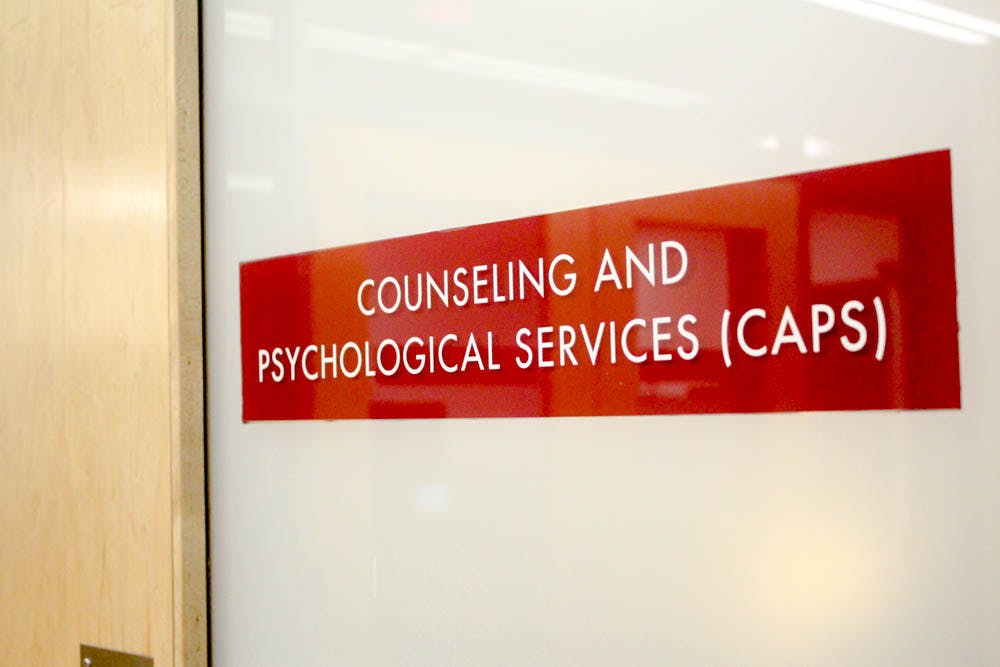The Graduate Student Council has been planning self-care activities to bolster support for graduate students’ mental health, particularly in light of the coronavirus pandemic and the additional stress it causes.
As a graduate student, “often you dig yourself a very deep mental hole, or get so engrossed in your work that it’s really hard sometimes to break out of that,” said Kathryn Thompson GS, president of the GSC. “It’s like you can’t be stressed enough, because students have to be more than just students,” she said, adding that they are often also employees and maybe even parents.
The GSC is currently capitalizing on the online space with events such as virtual meditation sessions, jazz classes and body weight exercises in an effort to “tell people to step away from the work.” The Council is also considering virtual classes or small community gatherings of fewer than five people in a public space on campus, in line with the University’s COVID-19 safety guidelines.
Thompson said graduate students need specific mental health support catered to their circumstances. “When you have things like focus groups or mental health groups,” she said, “it’s a mix of undergraduate and graduate students. It might be very uncomfortable for a graduate student to sit in a room, talking about the woes of grad life and … (their) TA experience, when your students that you grade and TA are right next to you.”
The GSC has been working for about a year to implement a coordinator at Counseling and Psychological Services dedicated to graduate student mental health. Starting this fall, Jamall Pollock, a psychotherapist at CAPS, will dedicate 20 percent of his time specifically to graduate students.
Pollock counsels seven to nine students per day, and while the virtual format of meetings can change the counseling experience, he said that many new students have still been reaching out to him.
“In this format, there is maybe a lower degree of … interpersonal intensity,” he said. “So, people can open up on Zoom in a way that they don’t necessarily or can’t necessarily open up in person. … The work is different based on the medium it happens in. Some of that can be difficult, and some of it can be richer.”
He added that the virtual format of counseling has also made it possible to reach a wider range of people. “Care that was in person can now be distant,” he said. “That’s been fantastic and incredible and very helpful to many people.”
But the virtual format has also raised challenges for Pollock, as part of his role includes assessing people’s physical safety. “If someone is distant in another place, or even distant in the same town, they’re not there in front of me. So, if there’s a question of their safety, then I’ve got to approach that very, very differently,” he said.
“I think it’s important for people to reach out for help, to reach out for support,” Pollock said. “There’s no problem that’s too small … where you couldn’t benefit from talking.”
Pollock is currently working on a plan with the Global Brown Center for International Students for an ongoing orientation called “Global Dialogues” that covers how to access mental health resources, especially for international graduate students.
“I’m actually really, really proud of Brown,” Thompson said. “Everybody is really trying their hardest to meet the needs of everyone, which is hard to do … when the world around you is burning. Even if it starts from 20 percent of someone’s time, we can only go up from there. … It’s really exciting to know that attention is being paid to this.”

ADVERTISEMENT




